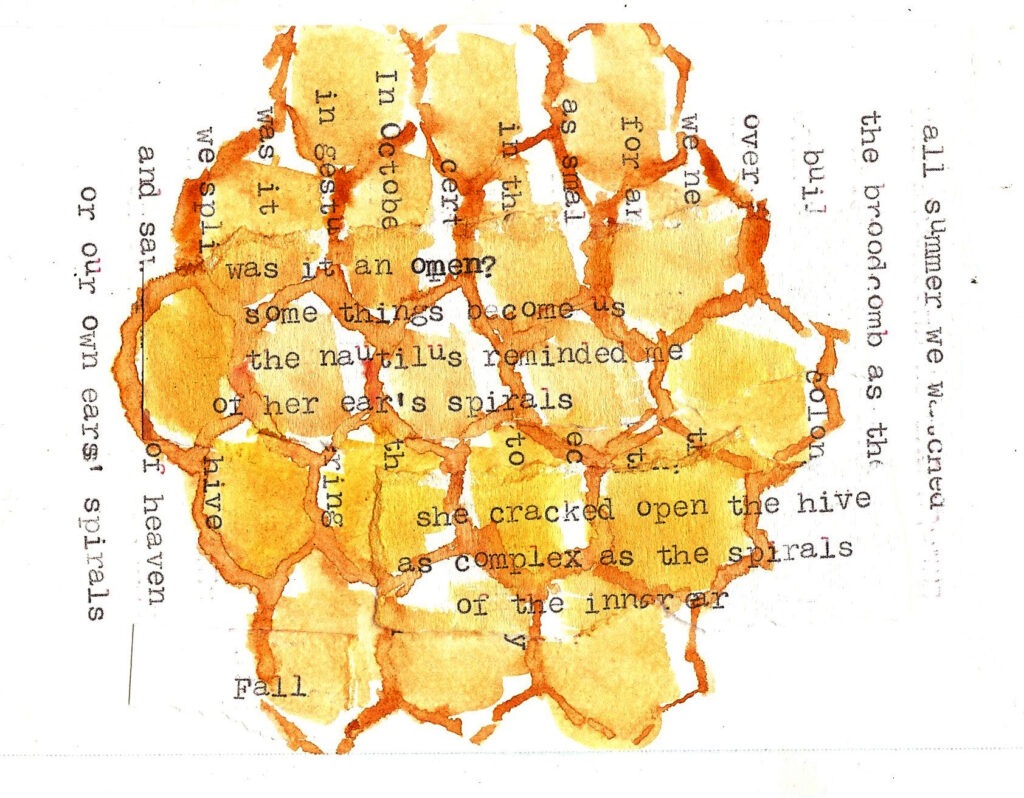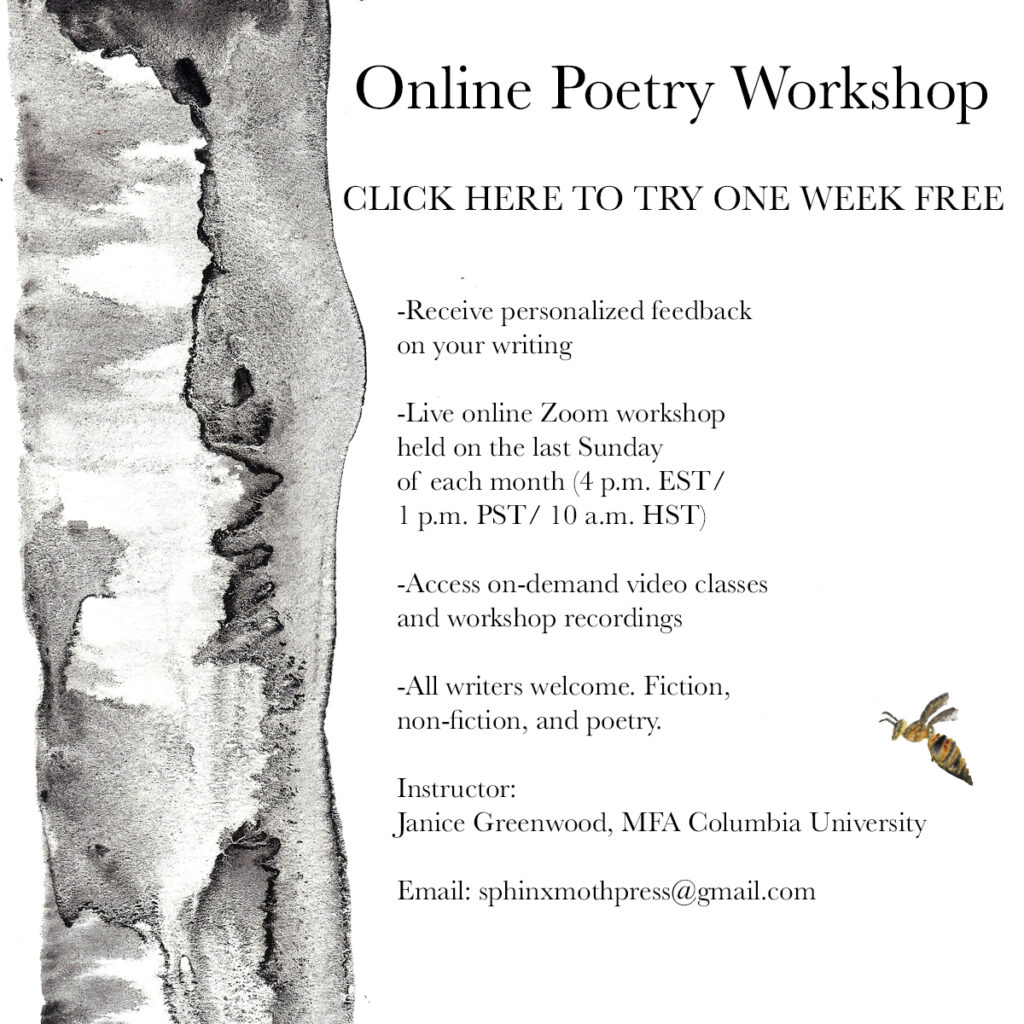Jaron Lanier’s short and sweet “Ten Arguments for Deleting Your Social Media Accounts Right Now” doesn’t offer much in the way of shocking revelations about social media. Much of what he says, most of us already know. Social media is addictive. It gives us that easy dopamine rush whenever we post, like, or scroll. It is destroying politics, if not society itself, by pitting us against one another, forming divisions, and appealing to the lowest common denominator emotions like anger, rage, jealousy, greed, and revenge. Movies like “The Social Dilemma” and “The Great Hack” offer similar and convincing arguments for deleting social media (or at least limiting one’s use of it), with Lanier even making an appearance in the former. You can get the gist of the book by watching both of these films back-to-back.
Lanier’s arguments include: (1) social media takes away our free will due to its reliance on algorithms that not even the social media companies fully understand, (2) social media harms our mental health, (4) social media turns us into bullies, (5) and social media obfucates our understanding of the truth (an argument that Lanier expands upon in other points). Lanier also makes the argument that social media’s economic reach leads to greater income inequality between the rich and the poor.
I want to more closely evaluate these points:
- Does social media really take away our free will?
Lanier makes the argument that the algorithms used by social media trap us into consuming content that will keep us engaged. Because content that keeps us angry and sad is more likely to keep us engaged, we are more often fed content that makes us angry, sad, contentious, and depressed. When we use social media, we become trapped inside a system whose goal is to make money. And the system makes money when we are upset, contentious, angry, and sad. Lanier argues that “what might once have been called advertising must now be understood as continuous behavior modification on a titanic scale.” The addictive nature of social media makes platforms like Instagram, Facebook, and Twitter, more like slot machines, occasionally giving us a dopamine hit, but more leaving us with experiences that lead to greater depression, anxiety, and lower quality of life.
- Does social media make us meaner?
Social media doesn’t just take up our attention and time, it turns us into people obsessed with gaining attention (the likes, the followers, the retweets). Because content that makes people angry, sad, contentious, or depressed often gets the most attention, people are rewarded for creating this kind of content. In Lanier’s view, quitting the machine is the only way to avoid the cycle of consuming and creating depressing content.
People are rewarded for being assholes on social media, so social media makes people act more like assholes. Or, worse, they act nice and kind in ungenuine ways. Either way, for Lanier, social media doesn’t foster genuine human connection. If social media is a kind of addiction, the people locked into the system behave like addicts. “They are selfish, so wrapped up in their cycle that they don’t have much time to notice what others are feeling or thinking about.” I found myself trapped in this cycle myself, checking social media more to see how many likes I got than to actually find out what other people were posting or thinking. I know from casual conversation that I am not the only one who has had this experience.
Lanier argues that social media makes us less connected. On social media, we’ll never have enough followers, never look good enough, never say the perfect thing, never match up. There are better ways to connect with our friends and with each other.
Donald Trump is the social media president and the ultimate symptom of our cultural sickness. Look only to our recent world events rife with conspiracy theories and plots to overthrow the government. Would any of this have happened without Trump? Probably not. But I also don’t think any of this would have happened had we had Trump but no social media. Lanier argues that social media ultimately backfires on progressive social movements, because its algorithms, while working to bring progressives together, also work to bring together counterrevolutionary forces that radicalize racism and bigotry.
- Does social media destroy the truth?
Lanier points out the fact that social media is rife with illusion. We follow fake accounts. Fake accounts follow us. Virality defines truth. Polarization becomes a kind of epistemology. Fake news gets promoted, while investigative reporters and news agencies go broke. If truth is undermined, then what each of us says on social media is also undermined. When artists, journalists, and writers have to optimize their content to reach a wider audience on social media, they often have to make their work simpler and less nuanced. We lose touch with subtler forms of art, writing, and creation in the quest for virality rather than meaning. Misinformation gets spread much faster than the boring truth.
Because we don’t share a common experience on social media, Lanier argues that we cannot empathize or connect with each other. Scrolling on social media is not like going to a sporting event, a religious service, or support group. Each person on social media is stuck in his or her own echo chamber.
- Does social media lead to income inequality?
Social media companies make money off your data. We know this from the Cambridge Analytica scandal and its fallout, but Lanier points out subtler ways that social media companies make money off its users. Google translate may be one of the best translation tools out there, but it is so good because it mines the translations that millions of Internet users put on the web. Because users don’t own their data, algorithms, AIs, and tech oligarchs can continue to make money off our free labor while the average person lives in a more economically precarious economy. The average person is told that any day they’ll become obsolete even as they provide free labor to the very systems that someday may make them obsolete. Social media companies only make stars and influencers rich, but very few people actually make it to that level. So many of us are playing the slot machine and losing.
- “Social media hates your soul.” -Jaron Lanier
Lanier’s final argument is metaphysical and epistemological. If we connect with one another through social media, we are connecting to each other through empathy-devoid mediums. The epistemological principle that drives social media is that “virality is truth.”

Will I Delete My Social Media Accounts?
The above arguments are ultimately convincing, but what’s more fascinating to me is that despite the fact that I know these things to be true, I still keep my social media accounts. I don’t often post, but sometimes I do. On Instagram, I don’t often scroll through my feed; I use the search and discover bars to see what’s happening in the world. I know that this still results in me feeding my data to the algorithm, but choosing not to use the feed gives me more control and exposes me to fewer advertisements.
The illusory sense of connection is what makes social media so dangerous. I can’t help but feel slightly paranoid while on social media. Perhaps this is the true “insanity of our times:” to feel like everything and everyone is fake or selling something or otherwise working for the CIA? It’s easy to curate a fantasy life online. The more someone posts, the less likely you know about them. In fact, I’ve met people in real life who are nothing like the personas they present to the world online. This, in itself, isn’t necessarily problematic, but it is problematic when online interaction largely replaces in person, face-to-face contact. Statistics indicate with glee that teenagers are having less sex. I don’t think this is a good thing. Teenagers are having less sex because they aren’t talking face-to-face anymore.
The best advice Lanier has to offer is often the most obvious, but in a world where the addictive nature of social media can hijack the conscious brain, it’s worth repeating. He writes: “If, when you participate in online platforms, you notice a nasty thing inside yourself, an insecurity, a sense of low self-esteem, a yearning to lash out, to swat someone down, then leave that platform.”
We are not brought together by social media or the internet. We are brought together when we physically go out there (or Zoom) with other people on a one-on-one basis. Real-life is always better. We are an isolated people, and it’s not just COVID-19 that caused it. Watching Instagram videos of people surfing in perfect blue oceans is fun and entertaining, but it’s no replacement for actually getting out there and surfing.
Lanier concludes his book with the following: “You don’t need to give up friends: Email your friends…You can still get news online…read news websites directly…look up local culture and events.” Alas, on the last point, given our pandemic times; still, the points he makes are good ones. It made me truly want to investigate what I imagined social media brought into my life and to see if there were alternative ways to achieve those needs.
I think the strongest argument that Lanier makes is that social media makes us unhappy. We compare our lives to the lives of others. When we feel “less than,” we are more likely to make purchases that will make us feel better, or make decisions manipulated by advertisers. Ultimately, the best outcome that come out of the darkness that social media has brought into our political, economic, and social lives is this: the knowledge that we need to approach social media with the same kind of media literacy we approach other types of manipulative media—like television advertisements—with skepticism and caution.
Update (4/22/21)
I took a little time today to look closely at Lanier’s arguments and write through some of the ones that resonated the most with me. The article above has been revised to reflect that re-engagement. I also spent some time approaching social media the way addiction experts often ask those addicted to think about the thing to which they are addicted. One of the key questions that comes up is this–is social media adding anything to my life, and if it is adding anything to my life, is what it is adding more valuable than what it takes away? I’m not so sure. I need to think on this further. Until then, I’ll continue to meditate on this book, and offer updates if and when I do decide to quit social media for good.

About the Writer
Janice Greenwood is a writer, surfer, and poet. She holds an M.F.A. in poetry and creative writing from Columbia University.
